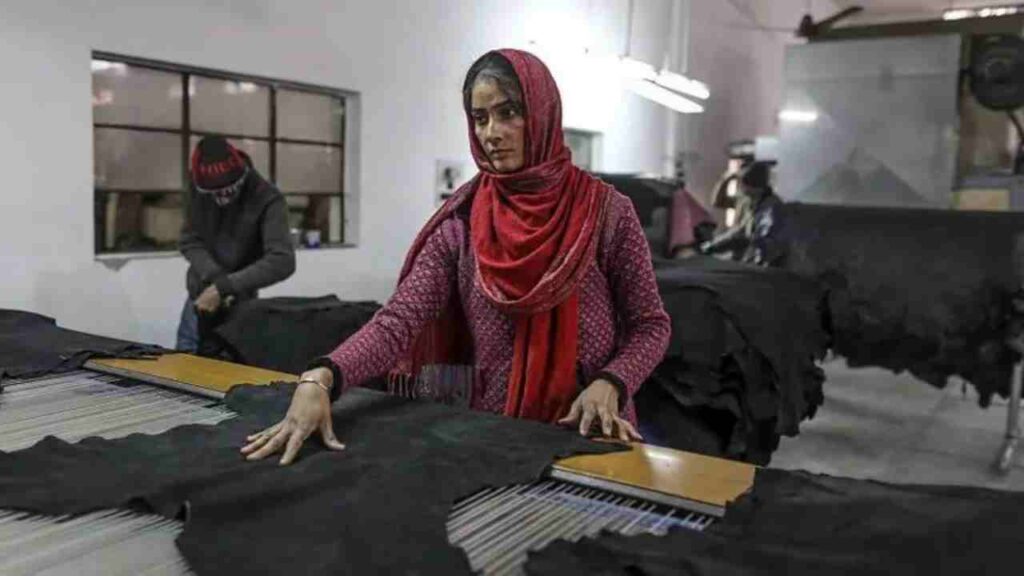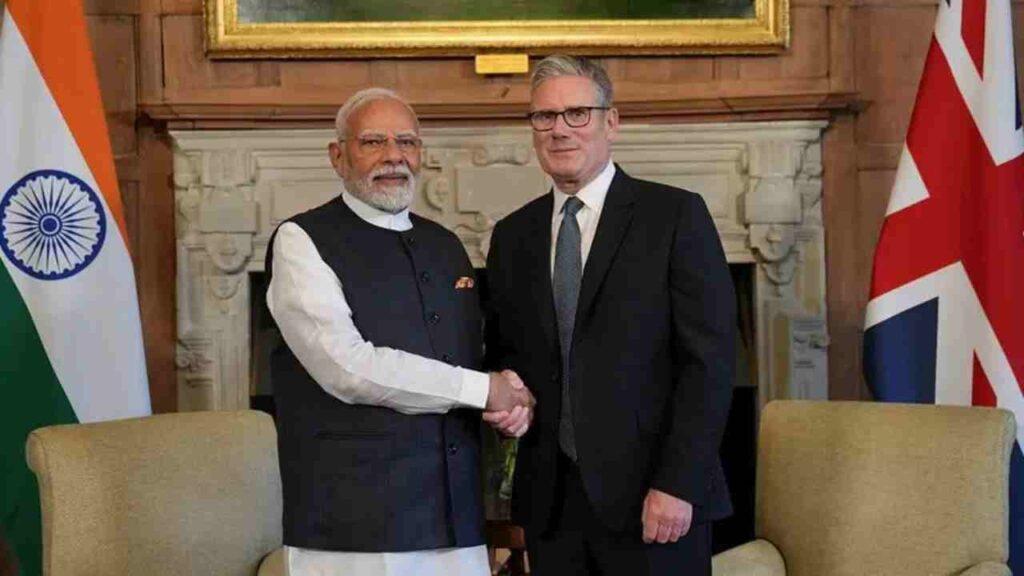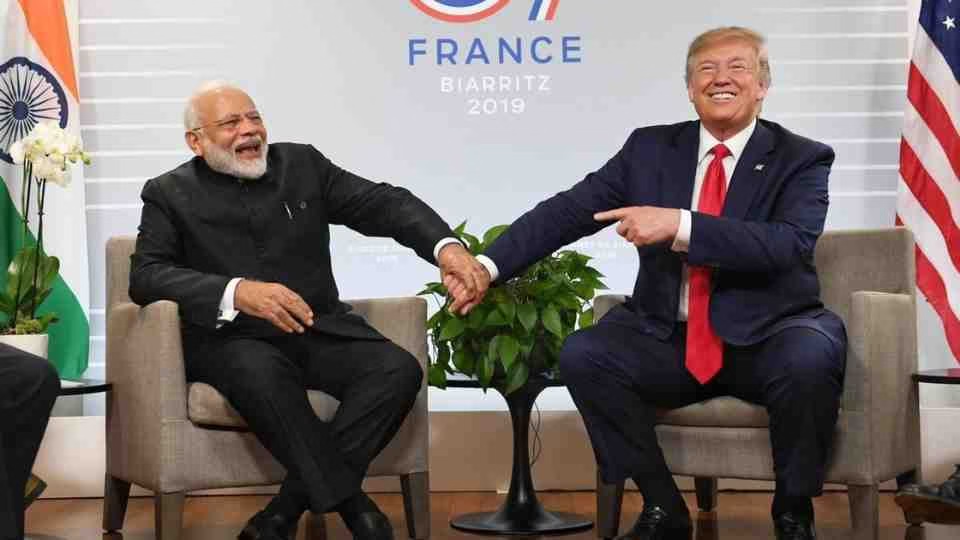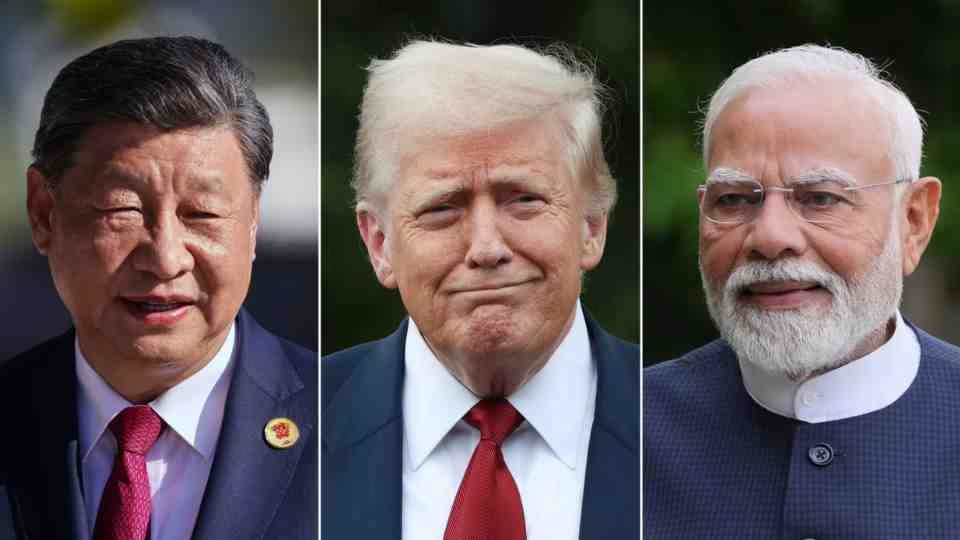British businesses have gained unprecedented access to India’s vast government procurement market worth £38 billion through a landmark trade agreement, but experts warn that realizing these opportunities will require navigating significant operational and financial challenges.
The India-UK free trade agreement, signed last month, represents a dramatic policy shift by the Modi government, opening previously protected sectors to foreign competition for the first time.
Unprecedented Market Access
The agreement grants UK companies bidding rights for approximately 40,000 high-value government tenders across strategic sectors including transport, green energy, and infrastructure—areas that have historically been reserved for domestic suppliers.
This access represents a significant breakthrough in international trade relations. According to Ajay Srivastava of the Global Trade Research Initiative, a Delhi-based think tank, the concessions are “far greater” than those India offered the United Arab Emirates in previous agreements and “set a new benchmark” for future trade deals.

Favorable Terms for UK Businesses
The agreement establishes several advantages for British companies entering the Indian market:
Competitive Status: UK firms will be treated almost equally to Indian suppliers, gaining Class-II local supplier status that provides preferential consideration over other foreign competitors.
Real-time Information Access: British companies will receive immediate updates on upcoming public tenders and procurement opportunities, eliminating information gaps that previously hindered foreign participation.
Flexible Sourcing Requirements: Products with just 20% UK content can qualify for procurement preferences, allowing companies to source up to 80% of components internationally while maintaining eligibility.
Expanded Project Range: Reduced minimum contract values enable UK companies to bid on smaller projects such as rural roads, school solar equipment, and government IT systems that were previously inaccessible.
Operational Challenges Await
Despite these advantages, trade experts identify several obstacles that could limit UK companies’ success in practice.
Pricing Disadvantages: UK suppliers typically command higher prices than Indian competitors, creating immediate competitive pressure in a market where cost considerations often determine contract awards, according to Dr. Arpita Mukherjee of the Indian Council for Research on International Economic Relations.
Payment Delays: Perhaps the most significant concern involves chronic payment delays that plague India’s public procurement system. Srijan Shukla of the Observer Research Foundation notes that studies of central public sector enterprises from 2017-2020 found pending supplier payments often exceeded total annual procurement values.
These payment issues particularly affect long-term projects subject to regulatory and political uncertainties, potentially forcing smaller UK companies to abandon lucrative opportunities due to cash flow constraints.
Systemic Procurement Issues
India’s procurement challenges extend beyond payment delays to broader contract enforcement problems. The country ranks 163 out of 190 nations on contract enforcement in the World Bank’s Doing Business report, highlighting the legal and regulatory difficulties foreign companies may encounter.
While recent improvements include digital platforms like the Government e-Marketplace and new dispute resolution portals that increase transparency, payment discipline among government entities remains problematic.
Notably, the trade agreement emphasizes procurement transparency but omits provisions addressing payment delays, contract enforcement, or penalties—gaps that could leave UK companies vulnerable to the same issues that have troubled domestic suppliers.
Learning Curve Required
“Doing business in India is an acquired skill,” Shukla explains. “Over time, companies from the UK will have to learn the way to work around complexities regarding the art of winning public tenders and navigating through complex regulations.”
The agreement also excludes dispute settlement provisions for the first four years, removing a key protection mechanism that typically defines how commercial conflicts are resolved.
Strategic Significance
Despite these challenges, the procurement market opening represents a fundamental shift in Indian trade policy. For decades, government contracts have been reserved primarily for local small and medium enterprises as part of economic protection strategies.
This change signals the Modi government’s confidence in domestic companies’ ability to compete globally while potentially previewing concessions India might offer in future trade negotiations, particularly with the United States.
Long-term Reform Potential
Trade experts suggest that increased foreign participation could drive improvements in India’s procurement system. Greater international involvement may pressure the government to standardize tendering processes and adopt global best practices for contract enforcement and payment discipline.
As Shukla notes, India has been “late to including deep government procurement clauses in trade deals,” making current efforts part of a broader catch-up strategy to align with international trade norms.
The success of UK companies in navigating these opportunities will likely determine whether this groundbreaking market access translates into meaningful commercial gains or serves primarily as a diplomatic achievement with limited practical impact.






